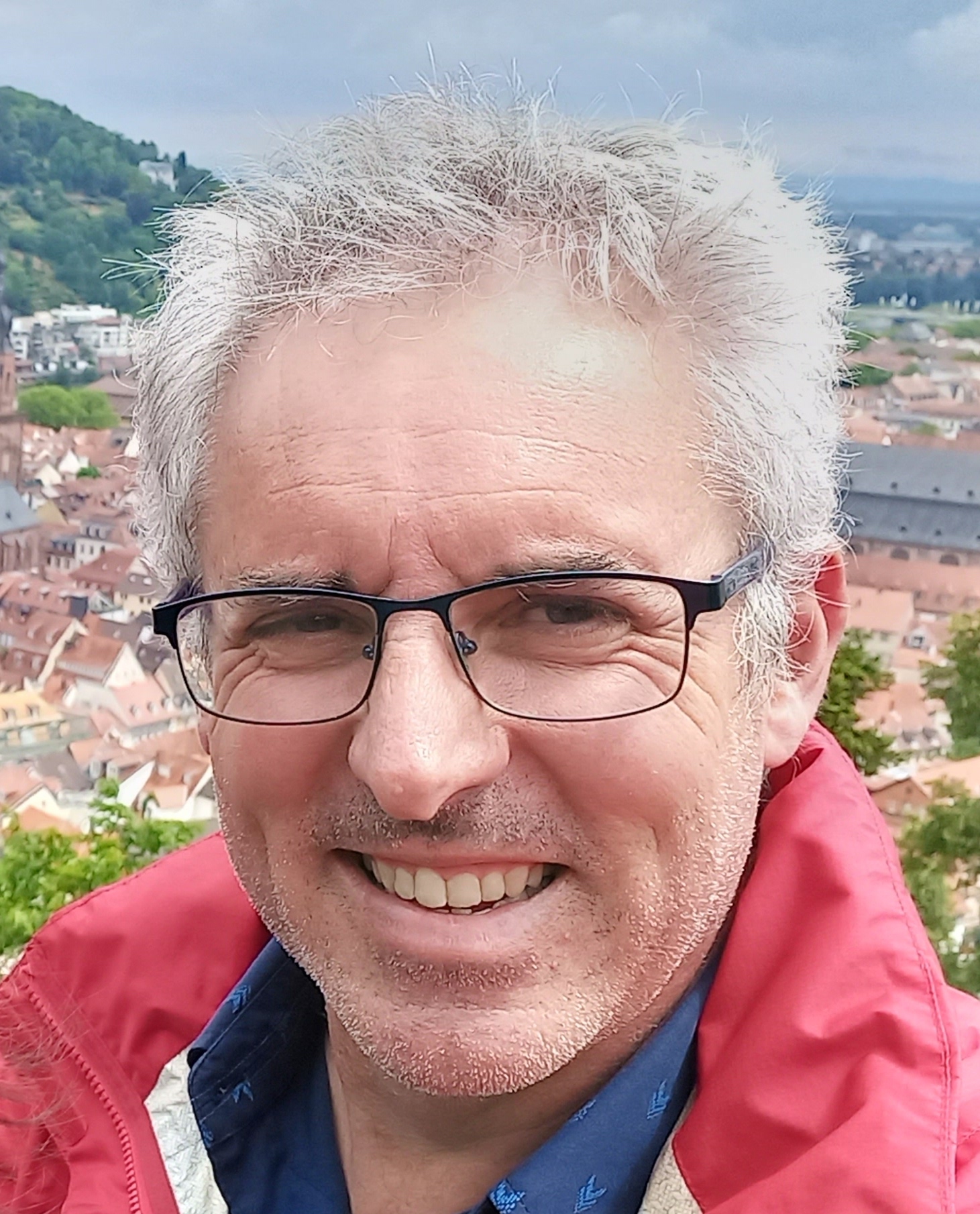New International Space Science Institute team on thermonuclear bursts
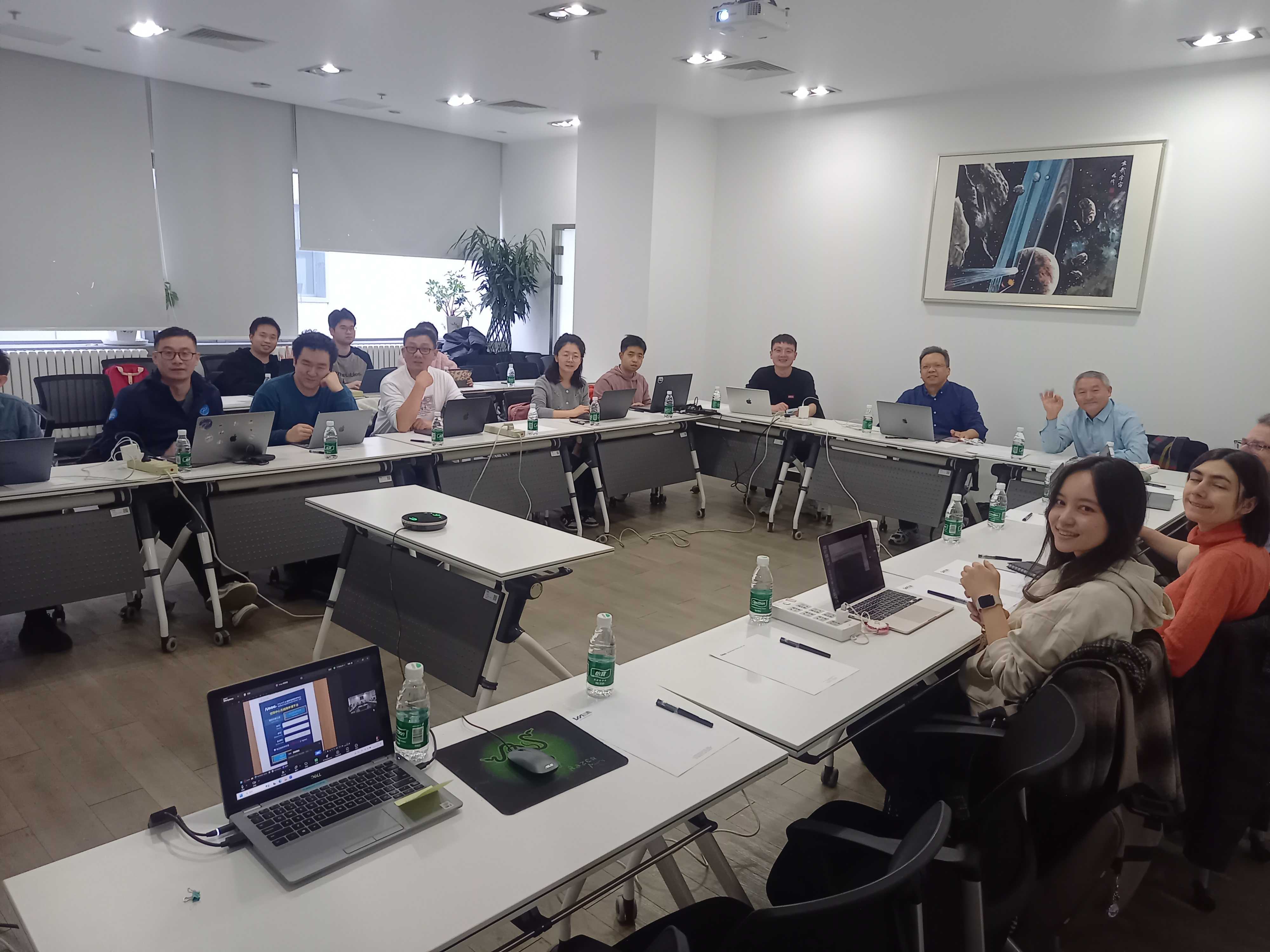 The first meeting of our new
international team on thermonuclear bursts has just concluded.
Team members and local attendees met in Beijing at the
International Space Science Institute's Chinese networking venue, at
NSSC.
Attendees from the Netherlands, USA, Spain, Japan, China and of course Australia delivered
talks and participated in discussions ranging widely over topics relevant to thermonuclear bursts, and we also heard about exciting new observations
from new facilities like Insight-HXMT and
Einstein Probe.
The first meeting of our new
international team on thermonuclear bursts has just concluded.
Team members and local attendees met in Beijing at the
International Space Science Institute's Chinese networking venue, at
NSSC.
Attendees from the Netherlands, USA, Spain, Japan, China and of course Australia delivered
talks and participated in discussions ranging widely over topics relevant to thermonuclear bursts, and we also heard about exciting new observations
from new facilities like Insight-HXMT and
Einstein Probe.
As is tradition we broke up the scientific sessions with excursions to local sights including the Forbidden City and a nearby stretch of the Great Wall. We enjoyed wonderful late autumn weather and the generous hospitality of team leader Zhaosheng Li and students from Xiangtan U..


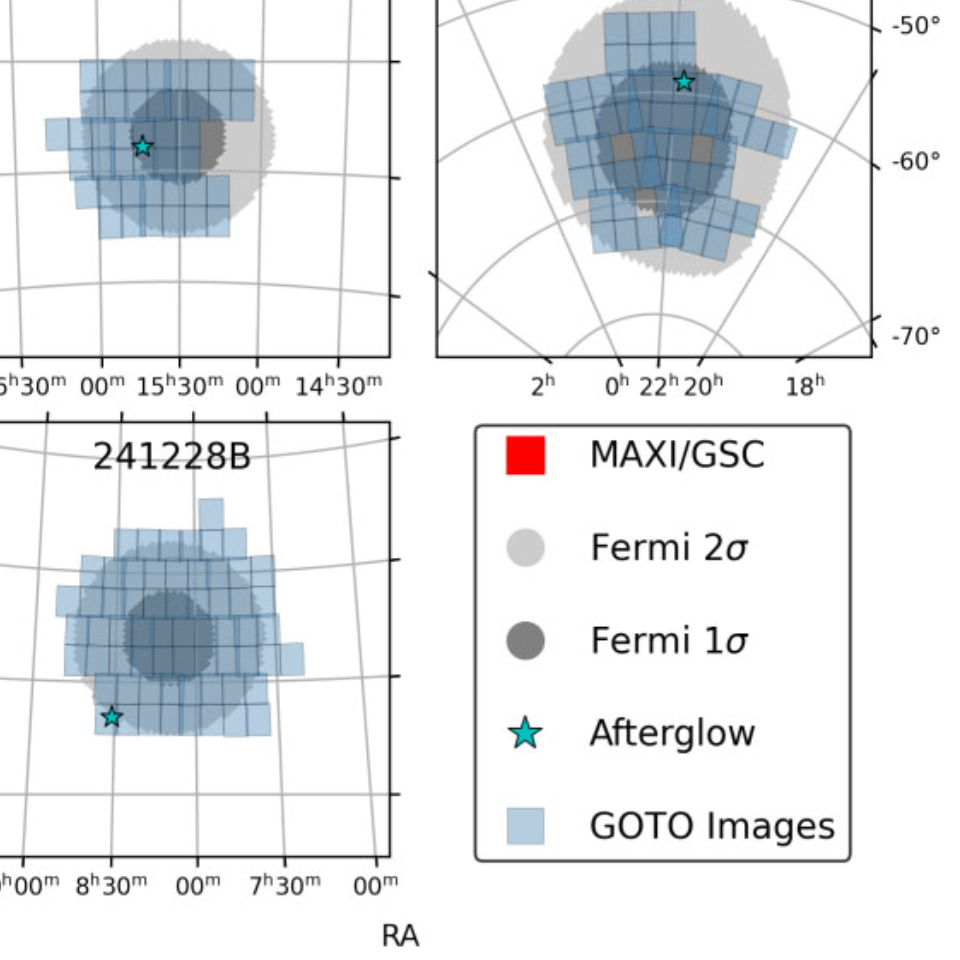 One of the most successful efforts to date with our
One of the most successful efforts to date with our 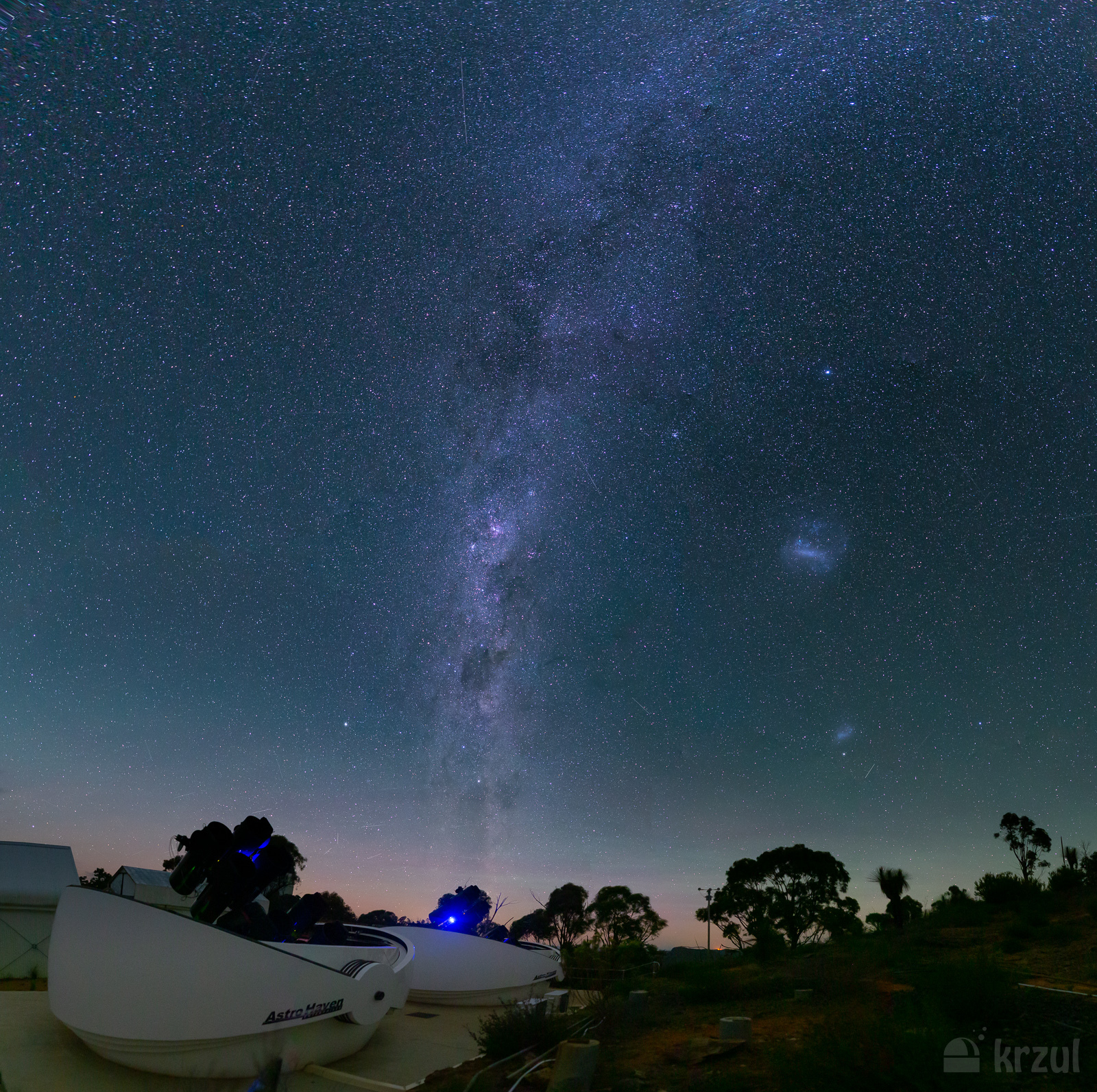 Our
Our  Our
Our 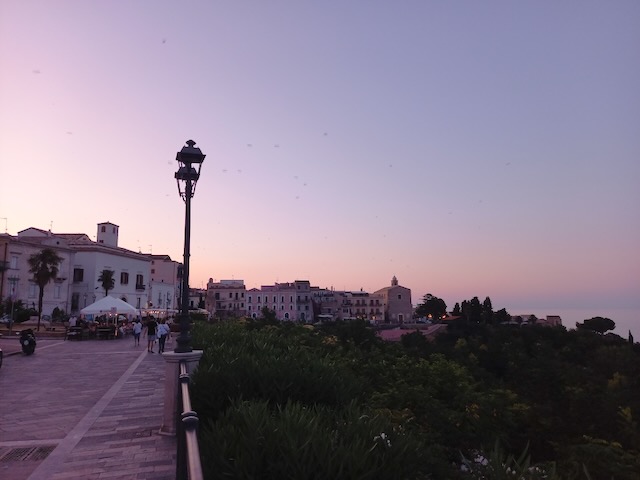 This week I attended the second
This week I attended the second

